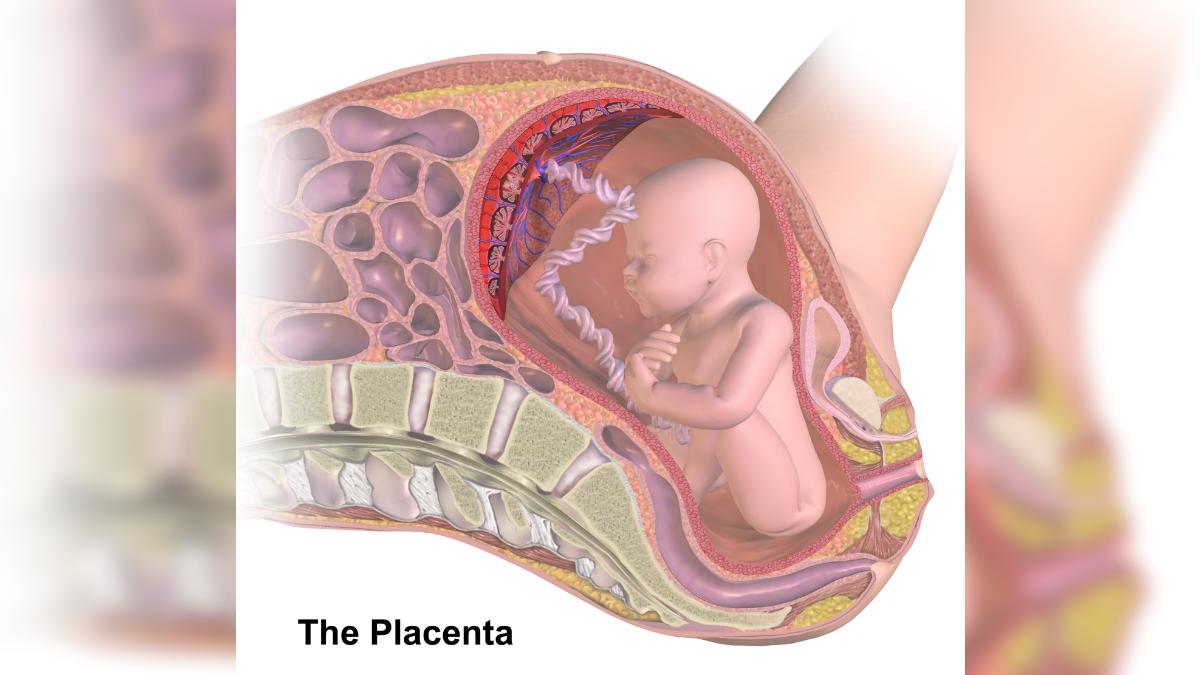The placenta is one of the most important organs formed during pregnancy. It plays a vital role in fetal growth and development, from nourishing to protection. However, several would-be mothers don’t know everything about the placenta, its placement, and its significance.
An ultrasound report indicating a posterior placenta placement is something to worry about. However, the anterior and posterior placenta doesn’t signify gender. These are common misconceptions that are ingrained in folklore.
This article will explore more about the posterior placenta, its significance, and whether it correlates with the baby’s gender.
Get a consultation with the best specialist in your Location
In this Article
What is the Posterior Placenta?
The placenta forms by attaching itself to the uterine wall, supplying nutrition and oxygen to the fetus.
A posterior placenta means that the placenta has implanted itself in the back of the uterine wall, which is closer to the spine. Most pregnant women with posterior placental experience the “baby flutters” and kicks earlier than a woman with anterior placenta.
Generally, the placental placement is diagnosed at the 20-week ultrasound scan. This mid-pregnancy scan is crucial to assess the baby’s growth and development and other major markers.
Also Read: Internal OS Closed: What Does It Mean in Pregnancy Scan Report
Does Posterior Placenta mean a Boy or a Girl?
The common question is, “Does posterior placenta means boy or girl?”
And, the answer is never definitive.
There is no particular scientific evidence that signifies a correlation between the placental positioning with the gender of the baby.
Since then, no more conclusive studies have ascertained whether the posterior placenta is a 100% associated with the baby’s gender or not.
Will a Posterior Placenta Cause Labor Complications?
The placental placement isn’t a sign of concern unless there are associated complications in the pregnancy.
There are correlations between the posterior placenta and preterm birth, but nothing else should spark concern in the would-be parents.
Besides that, a few other complications with the posterior placenta includes vaginal bleeding after the child’s delivery. Sometimes, the posterior placenta can even delay labor by covering the cervix and preventing its dilation.
Can I Have a Normal Delivery with Posterior Placenta?
While it is impossible to say if the posterior placenta means boy or girl, we can ensure that pregnant women with the posterior placenta can have a normal delivery.
The baby can normally descend from the uterus to the birth canal to support the normal delivery without potent complications.
The only concern lies with the cervix. If the placenta is too low and blocking the cervical opening, it can lead to complications during labor. In such cases, your OBGYN can assist further to ensure the successful and normal delivery of the baby.
Get a consultation from the best IVF center of your Location
Conclusion
Placental position isn’t a subject to worry about. Having different positions during pregnancy is normal and doesn’t affect the fetus or the mother. However, the positioning can become a concern if it results in stunted growth or lack of nutrition supply to the baby. Your OBGYN will take immediate steps to find the cause and rectify the problems for a healthy pregnancy.
Disclaimer
All the content in the published articles is for educational purposes only. The content is not intended to promote or encourage gender selection or determination as per the Pre-conception and Pre-natal Diagnostic Techniques (PCPNDT) Act, 1994 of India. We condemn such behavior and in no way intend to promote gender biasness via the content shared on our platform. Our articles and blogs are primarily published with an intent to help women and men alike through their journey of conception, fertility and pregnancy. In no way do we promote or support gender identification or sex determination through diagnostic testing, or other illegal means in our shared content on the website.





